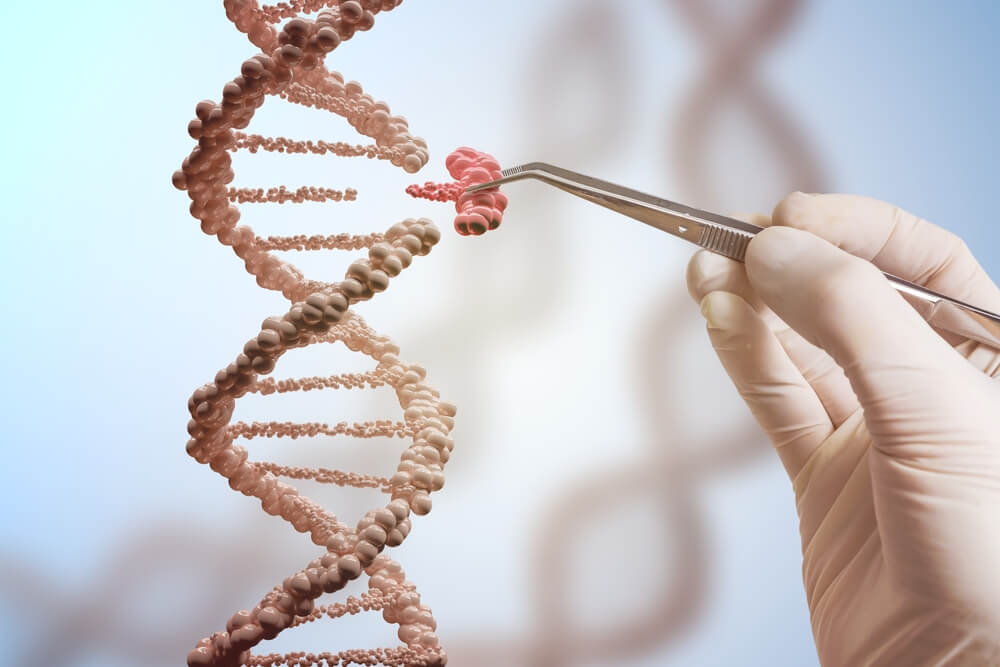
Advances in Biotechnology and Genetic Engineering: Revolutionizing the Future of Medicine and Beyond
Biotechnology and genetic engineering have undergone significant transformations over the past few decades, revolutionizing the way we approach medicine, agriculture, and various other industries. Breakthroughs in these fields have led to the development of innovative products, therapies, and diagnostic tools that have improved human lives and transformed the healthcare landscape. In this article, we will delve into the recent advances in biotechnology and genetic engineering, exploring their applications, benefits, and potential impact on society.
Gene Editing: CRISPR Takes Center Stage
One of the most significant breakthroughs in genetic engineering has been the development of the CRISPR-Cas9 gene editing tool. This system enables scientists to edit genes with unprecedented precision and efficiency, allowing for the correction of genetic mutations that cause diseases. CRISPR has opened up new avenues for the treatment of genetic disorders, such as sickle cell anemia, cystic fibrosis, and muscular dystrophy. Researchers are also exploring the use of CRISPR to develop novel cancer therapies and to engineer immune cells that can target and destroy cancer cells.
Synthetic Biology: Designing and Constructing New Biological Systems
Synthetic biology involves the design and construction of new biological systems, such as genetic circuits, to perform specific functions. This field has seen significant advances, with the development of novel biological pathways that can produce biofuels, chemicals, and pharmaceuticals. Synthetic biology has also led to the creation of novel biosensors that can detect diseases, monitor environmental pollutants, and identify biomarkers for diseases.
Stem Cell Research: Harnessing the Power of Regenerative Medicine
Stem cell research has witnessed significant progress, with the development of induced pluripotent stem cells (iPSCs) that can differentiate into various cell types. This technology has enabled scientists to model human diseases in the laboratory, allowing for the development of novel therapies and drug discovery. Stem cell therapies hold immense promise for the treatment of debilitating diseases, such as Parkinson’s disease, multiple sclerosis, and spinal cord injuries.
Gene Therapy: Treating Genetic Disorders with Precision
Gene therapy involves the use of genes to treat or prevent diseases. Recent advances in gene therapy have led to the development of novel treatments for genetic disorders, such as Leber’s congenital amaurosis, a rare inherited eye disease. Scientists are also exploring the use of gene therapy to treat cancer, HIV, and other diseases. The development of gene therapy has also led to the creation of novel cancer therapies, such as CAR-T cell therapy, which has shown promising results in treating certain types of blood cancer.
Biomanufacturing: Producing Novel Therapeutics and Vaccines
Biomanufacturing involves the use of microorganisms, such as bacteria and yeast, to produce novel therapeutics, vaccines, and antibodies. Recent advances in biomanufacturing have led to the development of novel biologics, such as monoclonal antibodies, which are used to treat cancer, autoimmune diseases, and other conditions. Biomanufacturing has also enabled the rapid production of vaccines, such as the COVID-19 vaccine, which has saved countless lives.
Agricultural Biotechnology: Improving Crop Yields and Nutrition
Agricultural biotechnology has witnessed significant advances, with the development of genetically modified crops that are more resilient to disease, pests, and environmental stressors. This technology has enabled farmers to increase crop yields, reduce pesticide use, and improve nutritional content. Biotechnologists are also exploring the use of gene editing to develop crops that can thrive in challenging environments, such as drought-prone areas.
Challenges and Ethical Concerns
While advances in biotechnology and genetic engineering hold immense promise, they also raise ethical concerns. The misuse of gene editing technologies, such as CRISPR, has sparked concerns about the potential for unintended consequences, such as off-target effects and mosaicism. Additionally, the patenting of genetic sequences and the potential for genetic discrimination have led to debates about access and equity.
Conclusion
The advances in biotechnology and genetic engineering have revolutionized the way we approach medicine, agriculture, and various other industries. From gene editing to synthetic biology, stem cell research, and biomanufacturing, these fields have the potential to transform human lives and improve global health outcomes. While ethical concerns and challenges persist, continued investment in research and development will be crucial to unlocking the full potential of these technologies. As we move forward, it is essential to engage in open and informed discussions about the implications of these technologies and to ensure that their benefits are accessible to all.





1 thought on “Advances in Biotechnology and Genetic Engineering”